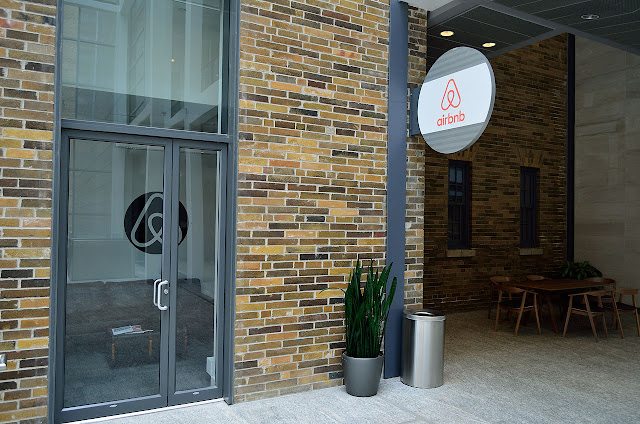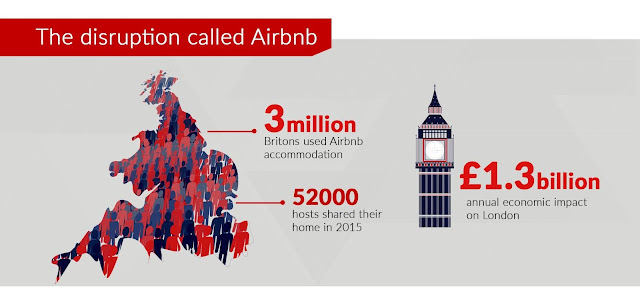In UK Online Travel Trends 2016 – Part 1, I identified that OTAs and Mobile reign the online travel trends in UK. Here I present to you the second part of this series – read on!
Planning starts at OTAs …and TripAdvisor
According to a Google report, Brits visit on average 17 travel related sites to plan their holidays. However, unlike their counterparts in USA, OTAs have relatively less influence on the decision making process. Travellers in Britain seem to rely more on online review sites like TripAdvisor to plan and book their holidays. With TripAdvisornow emerging as a full-fledged meta-search channel, hoteliers now have the opportunity to attract more direct bookings through their brand site with a solid meta-search strategy.
However, reality cannot be further. Market research firm, PhoCusWright suggests that about 1% of all shoppers arriving on hotel brand website originate from a metasearch engine. This essentially means that while 1 in 5 holidaymakers start researching for accommodations on TripAdvisor, only few make direct bookings. Clearly hotel brands are not making the most of the opportunities.
Easy access to technology has dramatically changed the information availability in consumer’s favour. Online travellers are no longer impressed with the rack rate or lead-in rate based promotions – they expect real-time pricing, and will go with the one which provides them the information they are looking for. So even if you have a property with considerably good reputation, if you are not showing your real-time rate and availability in TripAdvisor, you will be losing potential direct bookers to OTAs.
Keep a marketing budget for metasearch sites, and integrate key aggregator sites to your distribution mix. Advanced distribution management solutions today offer integrations with metasearch channels, through which hotels can manage the site like any other sales channel. eRevMax, for instance, have established 2-way XMLconnections with all leading meta-search channels like TripAdvidor, Kayak,Trivago, etc. However, unlike other sales channels, it’s not a ‘set and forget’ initiative, and needs active engagement in rate and bid management. If managed properly, the return on investment (ROI) on the amount paid in meta-search pay-per-click (PPC) model can be significantly higher than CPA (cost-per-acquisition) hotels usually pay out to OTAs.
Growing popularity of Airbnb – concern for Independent hotels
By and large, hospitality industry has accepted the disruption called Airbnb. Since its inception in 2008, this peer-to-peer sharing platform has seen meteoric growth, and is now considered as one the most valuable hospitality companies in the world. Airbnb has over 50,000 listings in the UK, making it a real threat for independent and small hoteliers. While we don’t have a definite number for UK, according to a study commissioned by Hotel Association of New York City, Airbnb costs New York lodging industry a loss of approximately $450 million over the course of a year.
There are reasons Airbnb has caught the fancy of travellers, and hotels can learn a thing or two from them. Majority of their customer base is mobile – tech savvy travellers seeking experiences. The rising power of Airbnb has forced the smaller hotels to rethink their strategy.
While pricing is a concern for travellers, it is not a commodity market. Experience and service matter. Airbnb thrives on service, human touch and local flavour to people – all these are essential characteristics of an independent hotel. What sets them apart is a beautiful user experience and pricing.
As an hotelier, it might be difficult to compete with Airbnb in pricing, but that can always upset with service. Promoting local cuisine, events, tying up with community sustainable group can give a hotel an opportunity to additionally offer the alternatives guests are looking for. While Airbnb does not offer any standardization, hotels with their longer experience are better prepared to provide consistent experiences.
Fact is Airbnb is a disruption which has shaken the status quo. But just like retailers, who evolved and survived the Amazon effect, small independent hotels too can survive the onslaught by upping their game.
If you enjoyed reading this, you will love the UK Online Travel Trends 2016 Infographic – have a look.




